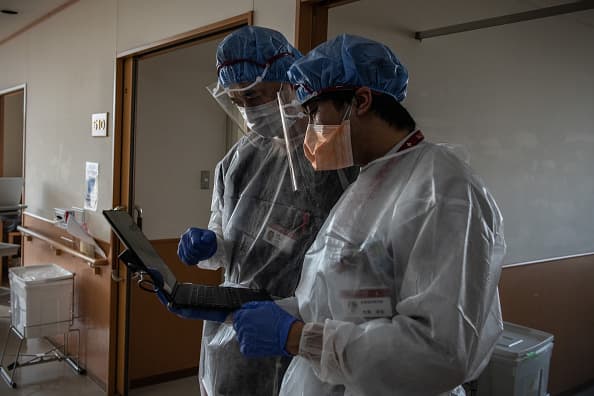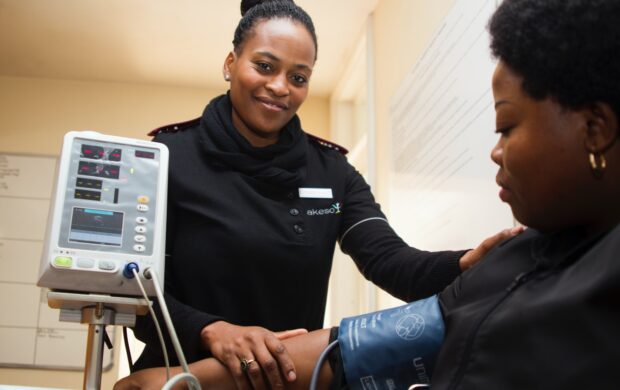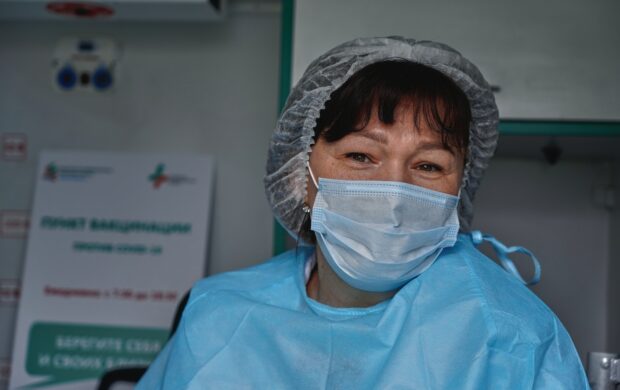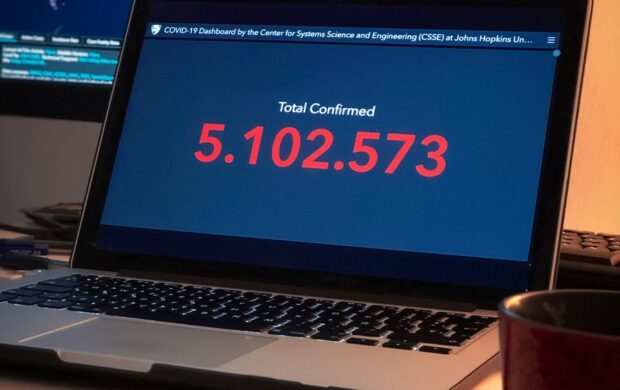A shortage of doctors and nurses in Japan’s aging population contributed to the country’s sluggish Covid vaccine rollout, says Keio University’s Sayuri Shirai. As of June 21, only 18.3% of Japan’s population has received at least one Covid vaccine dose, compared with 50% of people in the U.S. and 63.6% in the U.K.

So what?
In an aging society, it is very difficult to provide adequate care are there aren’t enough health workers to do things such as administer vaccines. Japan’s dependency ratio – the number of elderly to the number of working people – is particularly low and there is a risk of a critical shortage of healthcare workers in the future. Despite efforts to boost the workforce in this sector, the declining birthrate created a shrinkage of the workforce across sectors. Without a higher birth rate or a more open immigration policy, there will continue to be health worker shortages in the future. How can countries mitigate health worker shortages? What incentives could encourage more people to become health workers?




















Join discussion